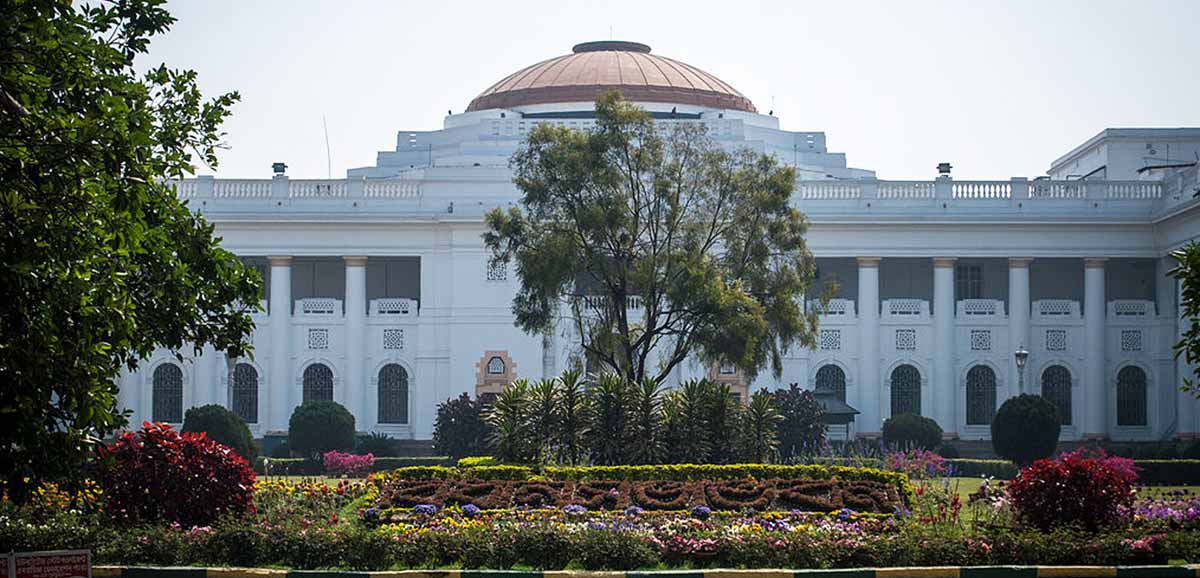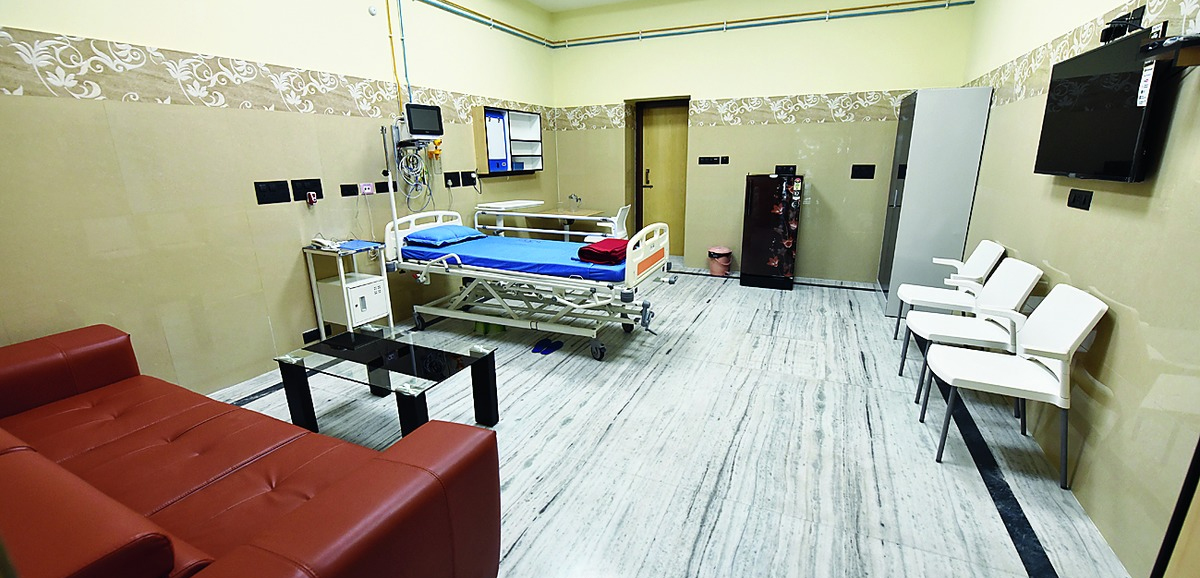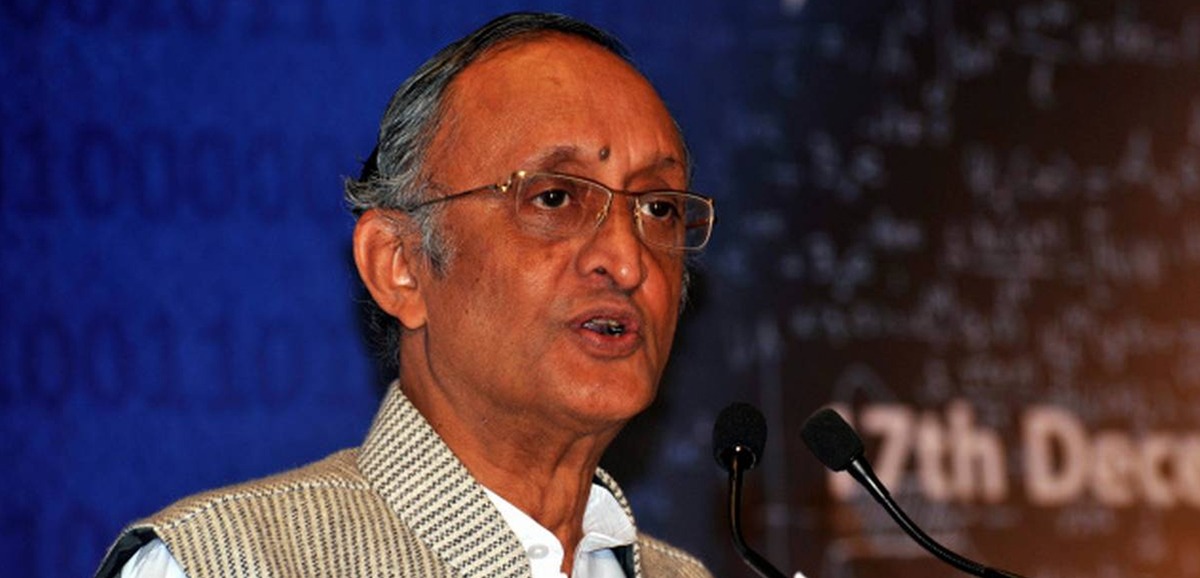Chief Minister Mamata Banerjee is creating more avenues for traditional methods of treatment to contribute towards health care delivery. The State Government has taken several more initiatives recently in this regard.
Hospitals and courses
A yoga and naturopathy degree college and hospital will be set up in Belur in Howrah district at an estimated cost of Rs 67 crore. It will have 100 beds with an annual intake capacity of 60 students.
A 50-bedded integrated AYUSH hospital is under construction in Medinipur town. It will become functional in this financial year.
The State Government has also given consent to provide 10 acres in the premises of Kalyani TB Sanatorium for a Central Research Institute on Yoga and Naturopathy at Kalyani in Nadia.
Pathological and biochemical tests are now being done free of cost at Viswanath Ayurveda Mahavidyalaya and Hospital in collaboration with private laboratories.
Two new postgraduate courses have been started, each with six seats – ‘Practice of Medicine’ at Calcutta Homoeopathic Medical College and Hospital and ‘Materia Medica’ at Mahesh Bhattacharyya Homoeopathic Medical College and Hospital.
Benefits
The Trinamool Congress Government has laid enormous stress on the development of infrastructure in the AYUSH (ayurveda, yoga and naturopathy, unani, siddha, homoeopathy) sector. The AYUSH method of treatment is also cost-effective.
The Government created the AYUSH Branch under the Health and Family Welfare Department. Many AYUSH hospitals have also been constructed in different parts of the State.








